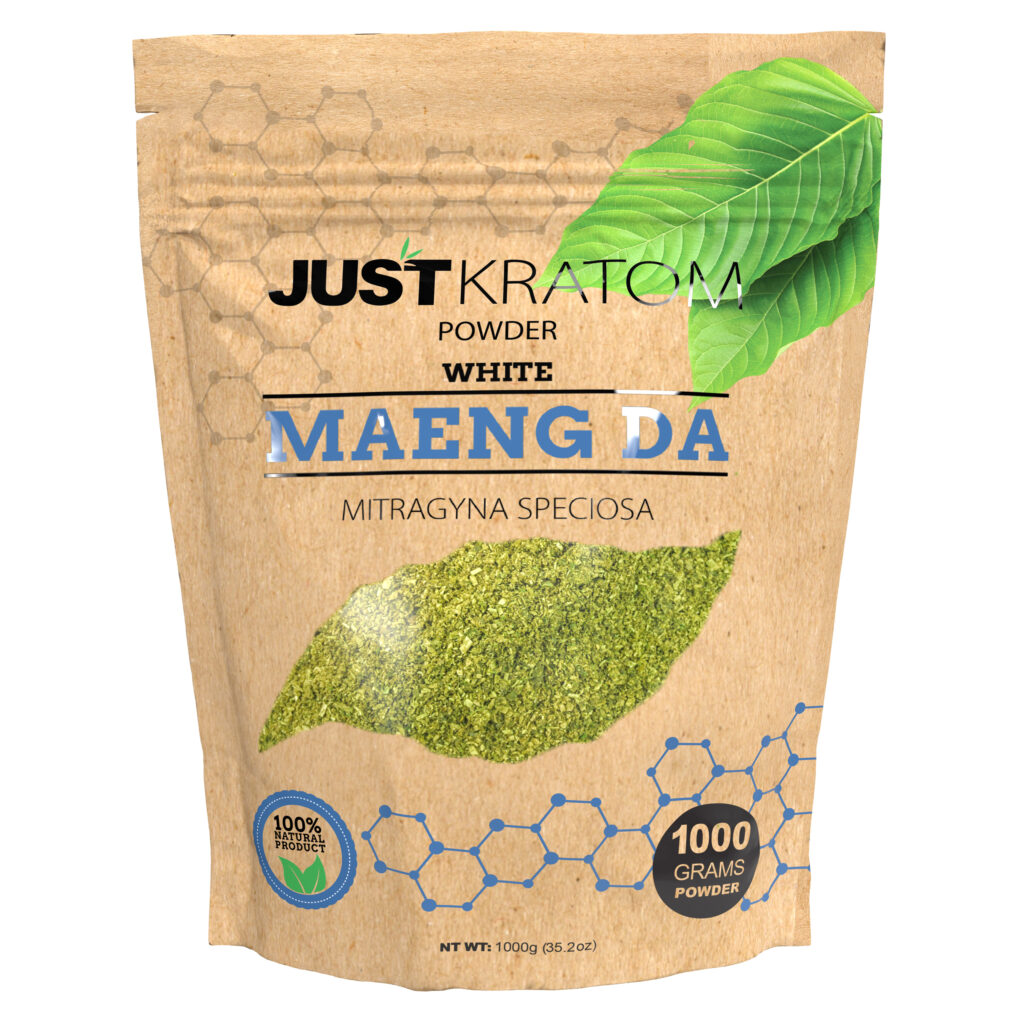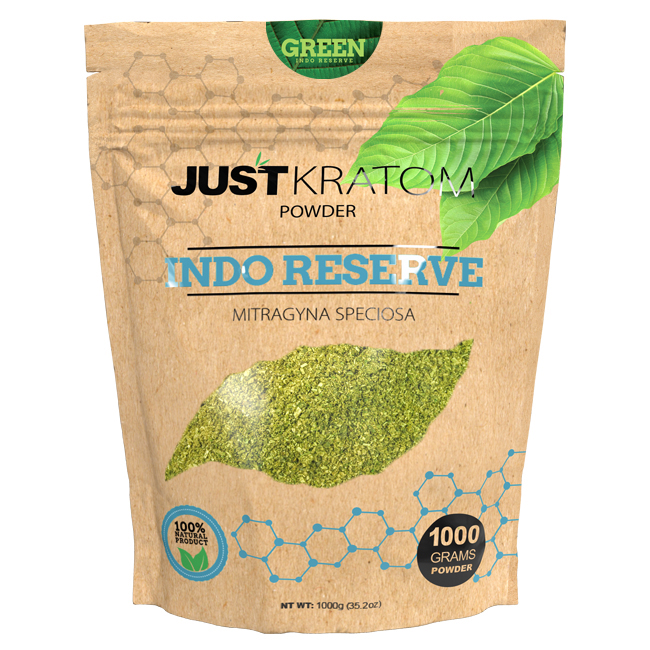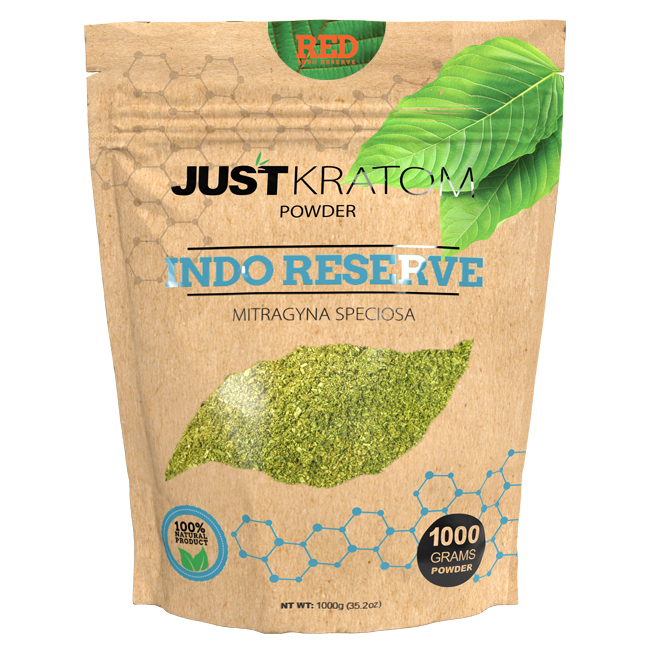The Impact of Kratom on Mood Regulation
Kratom, a tropical tree native to Southeast Asia, has gained increasing attention for its potential impact on mood regulation. Traditionally used for centuries in folk medicine, kratom contains alkaloids that interact with opioid receptors in the brain, influencing neurotransmitter activity associated with pleasure, pain perception, and emotional states.
How Kratom Affects Neurotransmitters

Kratom’s effects on mood are complex and can vary depending on the dosage consumed. At lower doses, kratom is reported to produce feelings of euphoria, energy, and social confidence. This is believed to be mediated by its interaction with dopamine and norepinephrine, neurotransmitters involved in pleasure, motivation, and alertness.
As doses increase, kratom’s effects shift towards a more sedative state, potentially alleviating anxiety and promoting relaxation. This may be attributed to kratom’s activation of opioid receptors, leading to the release of endorphins, natural pain relievers that also contribute to feelings of well-being.
However, it’s crucial to note that excessive kratom use can lead to dependence, withdrawal symptoms, and adverse effects such as constipation, nausea, and respiratory depression. The long-term consequences of chronic kratom use on mood regulation are still being investigated.
Kratom and the Fight-or-Flight Response
Kratom’s influence extends beyond immediate mood alterations; it also appears to modulate the body’s stress response system, particularly the fight-or-flight reaction. This system, activated by perceived threats or danger, releases hormones like adrenaline and cortisol, preparing the body for action.
Research suggests that kratom may possess anxiolytic properties, meaning it can reduce anxiety and fear. Some studies indicate that kratom might help dampen the exaggerated physiological responses associated with a heightened fight-or-flight response.
By potentially calming the nervous system, kratom could contribute to a sense of emotional balance by mitigating stress and promoting relaxation.
Managing Stress and Anxiety with Kratom

Kreatom, a tropical tree native to Southeast Asia, is gaining recognition for its potential to influence mood regulation. For centuries, it has been used in folk medicine, containing alkaloids that interact with opioid receptors in the brain, impacting neurotransmitters associated with pleasure, pain perception, and emotional states.
Kratom’s Potential for Reducing Anxiety Symptoms
Kratom’s effects on mood are complex and can vary depending on the dosage consumed. At lower doses, kratom is reported to produce feelings of euphoria, energy, and social confidence. This is believed to be mediated by its interaction with dopamine and norepinephrine, neurotransmitters involved in pleasure, motivation, and alertness.
As doses increase, kratom’s effects shift towards a more sedative state, potentially alleviating anxiety and promoting relaxation. This may be attributed to kratom’s activation of opioid receptors, leading to the release of endorphins, natural pain relievers that also contribute to feelings of well-being.
However, it’s crucial to note that excessive kratom use can lead to dependence, withdrawal symptoms, and adverse effects such as constipation, nausea, and respiratory depression. The long-term consequences of chronic kratom use on mood regulation are still being investigated.
Kratom’s influence extends beyond immediate mood alterations; it also appears to modulate the body’s stress response system, particularly the fight-or-flight reaction. This system, activated by perceived threats or danger, releases hormones like adrenaline and cortisol, preparing the body for action.
Research suggests that kratom may possess anxiolytic properties, meaning it can reduce anxiety and fear. Some studies indicate that kratom might help dampen the exaggerated physiological responses associated with a heightened fight-or-flight response.
By potentially calming the nervous system, kratom could contribute to a sense of emotional balance by mitigating stress and promoting relaxation.
Using Kratom as a Tool for Stress Management

Kratom’s ability to influence mood regulation stems from its interaction with opioid receptors in the brain. These receptors play a crucial role in modulating neurotransmitters associated with pleasure, pain perception, and emotional states.
- At lower doses, kratom stimulates dopamine and norepinephrine release, leading to feelings of euphoria, energy, and social confidence.
- As dosages increase, kratom’s effects shift towards sedation, potentially alleviating anxiety and promoting relaxation through the activation of opioid receptors, leading to endorphin release.
While kratom shows promise as a tool for managing stress and anxiety, it’s essential to be aware of its potential risks. Excessive use can lead to dependence, withdrawal symptoms, and adverse effects. Long-term consequences require further research.
Balancing Energy Levels with Kratom
Kratom, a tropical tree native to Southeast Asia, has gained recognition for its potential influence on mood regulation. It contains alkaloids that interact with opioid receptors in the brain, affecting neurotransmitters associated with pleasure, pain perception, and emotional states.
Kratom’s Effects on Alertness and Focus
Kratom’s effects on mood are complex and vary based on dosage. At lower doses, it can produce feelings of euphoria, energy, and social confidence. This is thought to be due to its interaction with dopamine and norepinephrine, neurotransmitters linked to pleasure, motivation, and alertness.
- As dosages increase, kratom’s effects tend towards sedation, potentially reducing anxiety and promoting relaxation.
- This shift may be attributed to kratom activating opioid receptors, leading to endorphin release, natural pain relievers that also contribute to feelings of well-being.
However, it’s important to note that excessive kratom use can lead to dependence, withdrawal symptoms, and adverse effects like constipation, nausea, and respiratory depression. The long-term consequences of chronic kratom use on mood regulation require further research.
Combatting Fatigue and Promoting Mental Clarity
Kratom is a tropical tree native to Southeast Asia, gaining recognition for its potential impact on mood regulation. It contains alkaloids that interact with opioid receptors in the brain, influencing neurotransmitters associated with pleasure, pain perception, and emotional states.
Kratom’s effects on mood are complex and can vary based on dosage. At lower doses, it is reported to produce feelings of euphoria, energy, and social confidence. This is believed to be mediated by its interaction with dopamine and norepinephrine, neurotransmitters involved in pleasure, motivation, and alertness.
As doses increase, kratom’s effects shift towards a more sedative state, potentially alleviating anxiety and promoting relaxation. This may be attributed to kratom’s activation of opioid receptors, leading to the release of endorphins, natural pain relievers that also contribute to feelings of well-being.
It is crucial to remember that excessive kratom use can lead to dependence, withdrawal symptoms, and adverse effects such as constipation, nausea, and respiratory depression. The long-term consequences of chronic kratom use on mood regulation are still being investigated.
Kratom’s potential for influencing emotional balance extends beyond its immediate mood-altering effects. It appears to modulate the body’s stress response system, particularly the fight-or-flight reaction.
Research suggests that kratom may possess anxiolytic properties, meaning it can reduce anxiety and fear. Some studies indicate that kratom might help dampen the exaggerated physiological responses associated with a heightened fight-or-flight response.
By potentially calming the nervous system, kratom could contribute to a sense of emotional balance by mitigating stress and promoting relaxation.
Addressing Mood Swings and Emotional Volatility
Mood swings and emotional volatility can significantly impact daily life, affecting relationships, work, and overall well-being.
Kratom’s Potential Role in Stabilizing Mood
Mood swings and emotional volatility can significantly impact daily life, affecting relationships, work, and overall well-being.
Kratom, a tropical tree native to Southeast Asia, has gained recognition for its potential influence on mood regulation. It contains alkaloids that interact with opioid receptors in the brain, affecting neurotransmitters associated with pleasure, pain perception, and emotional states.
- At lower doses, kratom is reported to produce feelings of euphoria, energy, and social confidence, which may help counteract low moods or feelings of apathy.
- As dosages increase, kratom’s effects shift towards sedation, potentially alleviating anxiety and promoting relaxation. This could be beneficial for individuals experiencing emotional lability or irritability.
While kratom shows promise as a tool for managing mood swings, it’s essential to use it responsibly. Excessive kratom use can lead to dependence, withdrawal symptoms, and adverse effects. Long-term consequences require further research.
Managing Symptoms of Mood Disorders
Mood swings and emotional volatility can significantly impact daily life, affecting relationships, work, and overall well-being.
Kratom, a tropical tree native to Southeast Asia, has gained recognition for its potential influence on mood regulation. It contains alkaloids that interact with opioid receptors in the brain, affecting neurotransmitters associated with pleasure, pain perception, and emotional states.
- At lower doses, kratom is reported to produce feelings of euphoria, energy, and social confidence, which may help counteract low moods or feelings of apathy.
- As dosages increase, kratom’s effects shift towards sedation, potentially alleviating anxiety and promoting relaxation. This could be beneficial for individuals experiencing emotional lability or irritability.
While kratom shows promise as a tool for managing mood swings, it’s essential to use it responsibly. Excessive kratom use can lead to dependence, withdrawal symptoms, and adverse effects. Long-term consequences require further research.
Buy Kratom Powder for focus and clarity
- Why Gaslighting Is One Of The Most Toxic Behaviors In Relationships - November 13, 2025
- What Is The Downtime For Jaw And Chin Fillers? - November 10, 2025
- What Are The Best CBD Infused Gummies For Joint Pain - November 9, 2025
